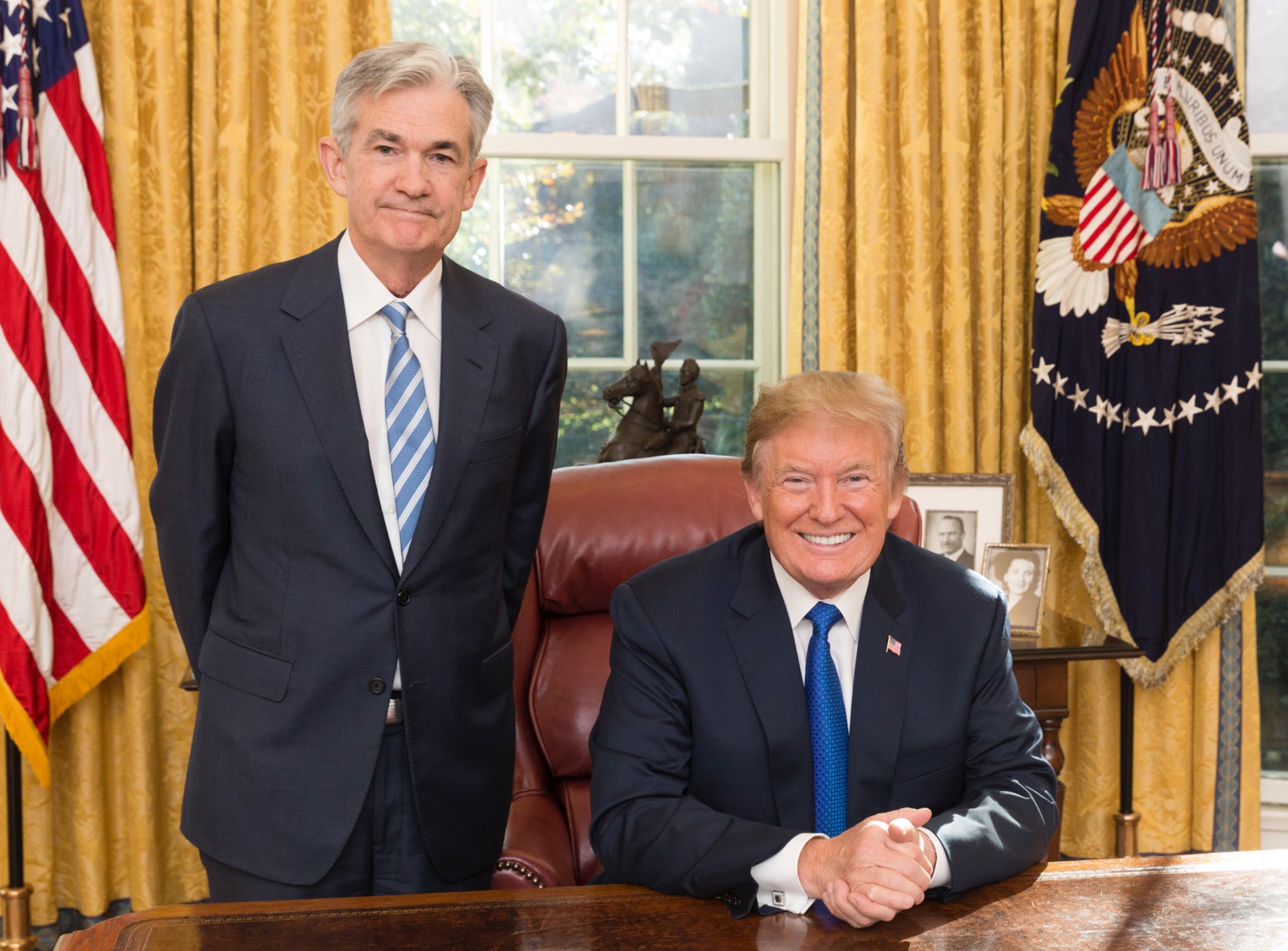UBS (UBUS) is reportedly close to a settlement with the U.S. Department of Justice (DOJ) over Credit Suisse's violations of a 2014 plea agreement, potentially involving a payout of hundreds of millions of dollars. The settlement, which could be finalized this week, addresses allegations that Credit Suisse continued aiding wealthy Americans in evading taxes despite its prior agreement with U.S. authorities. UBS acquired Credit Suisse in 2023 following the latter’s collapse, inheriting its unresolved legal issues, including this significant case.
Credit Suisse had pleaded guilty in 2014 to helping Americans evade taxes and paid $2.6 billion in penalties. The bank committed to identifying and shutting undeclared U.S. accounts, but subsequent investigations revealed noncompliance, including hidden accounts involving hundreds of millions of dollars. UBS, which set aside $4 billion in legal provisions during its acquisition of Credit Suisse, has worked to resolve these legacy issues. The settlement could be one of the final enforcement actions under the Biden administration, reflecting its commitment to cracking down on corporate misconduct.
Market Overview:- UBS nears settlement with DOJ over Credit Suisse tax evasion violations.
- Settlement could cost UBS hundreds of millions of dollars to resolve inherited legal issues.
- Case highlights ongoing scrutiny of Swiss banks' historical role in tax evasion schemes.
- Credit Suisse pleaded guilty in 2014 to aiding U.S. tax evasion, paying $2.6 billion in fines.
- Subsequent investigations uncovered undeclared accounts and unreported bank transfers.
- UBS allocated $4 billion for legal provisions after acquiring Credit Suisse in 2023.
- Finalizing the settlement could close a significant chapter in Credit Suisse’s legal troubles.
- DOJ’s crackdown on repeat corporate offenders may influence future enforcement actions.
- UBS’s handling of inherited liabilities will shape its post-acquisition reputation and strategy.
- Finalizing the settlement allows UBS to close a significant chapter of Credit Suisse’s legal troubles, enabling it to focus on future growth and integration efforts.
- UBS’s proactive approach to resolving inherited liabilities demonstrates strong governance and a commitment to regulatory compliance, enhancing its reputation in global banking.
- The $4 billion legal provision set aside during the Credit Suisse acquisition indicates UBS’s preparedness to handle legacy issues without significant financial strain.
- Resolving the case may improve investor confidence, reducing uncertainty and stabilizing UBS’s stock performance post-acquisition.
- The settlement reflects UBS’s ability to manage complex legal challenges, positioning it as a leader in navigating high-profile financial sector risks.
- The settlement could cost UBS hundreds of millions of dollars, potentially straining its financial resources and impacting profitability in the near term.
- Ongoing scrutiny of Swiss banks’ historical role in tax evasion schemes may lead to further investigations or penalties, prolonging reputational risks for UBS.
- Credit Suisse’s repeated noncompliance after its 2014 plea agreement highlights systemic issues that UBS may continue to inherit and address over time.
- The case underscores the risks associated with acquiring distressed assets, raising questions about UBS’s due diligence during the Credit Suisse acquisition.
- Increased regulatory enforcement under the Biden administration could signal heightened risks for financial institutions globally, pressuring UBS and its peers to maintain stricter compliance measures.
This impending settlement underscores UBS’s efforts to address Credit Suisse’s legacy issues and move forward following its high-profile acquisition. By resolving the DOJ case, UBS aims to draw a line under years of scandals that tarnished Credit Suisse’s reputation and contributed to its collapse. The settlement reflects the U.S. government’s continued focus on corporate accountability in the financial sector.
As UBS works to rebuild trust and streamline operations post-acquisition, the resolution of major legal challenges like this will be critical. With increased scrutiny on financial institutions, the case serves as a reminder of the risks associated with noncompliance and the importance of maintaining rigorous regulatory standards in global banking.




